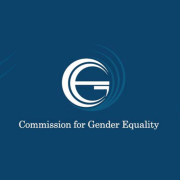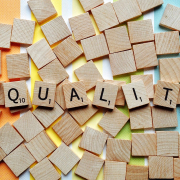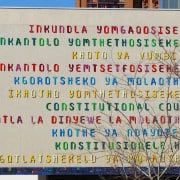|
Getting your Trinity Audio player ready...
|
Corruption affects people of all genders, races, and ages – this is known and accepted. It particularly hurts the poorest or most vulnerable members of our society, including the elderly, youth, and women, many of whom are unable to realise their full potential because their rights – social, economic and civic – are denied. As a result, they may not be able to participate in public processes that affect them, meaning that their voices are not heard when decisions are made.
Certain forms of corruption tend to have a gender-based angle, and are targeted towards women and youth (though in truth nobody is exempt). Sextortion, for instance, is the solicitation of sexual favours in return for financial gain or a certain benefit or for advancement in a person’s school or professional career – it is related to land, schools, housing, and police corruption, among others. Transparency International, in its 2020 report titled Breaking the Silence Around Sextortion, found that sextortion is prevalent in many sectors, from immigration and access to basic services, to the criminal justice system and employment.
But this is not the only form of gender inequality that vulnerable people have to face in today’s world. Patriarchy, cultural practices, violence at home and on the streets, career and remuneration inequities, discrimination in numerous forms, inequality in home roles, and difficulties relating to land ownership are just a few of the gender-related challenges that our society contends with. Human trafficking, where the majority of trafficked people are female, is another serious issue which happens in South Africa and across the world.
Accordingly, Corruption Watch has made a submission to the parliamentary Portfolio Committee on Women, Youth and Persons with Disabilities, on the upcoming appointment of commissioners to the Commission on Gender Equality (CGE), a Chapter 9 institution supporting constitutional democracy.
Since 2016, Corruption Watch has campaigned for open, transparent, merit-based selection in the leadership of institutions in our criminal justice system, boards of directors of state-owned enterprises, and institutions established under Chapters 9 and 10 of the South African Constitution.
The CGE, we noted, has the potential to play a vital role in our society, where patriarchal values and practices continue to dominate in personal, public and professional settings. However, the commission has been tainted by allegations of maladministration and poor governance, leadership instability, supposed overreach by the parliamentary oversight committee, and appointments of politically exposed/aligned individuals to key positions within the organisation.
The appointment of new commissioners, therefore, presents an opportunity to stabilise the leadership crisis and ensure that the body works to advance its constitutional mandate.
Our submission focused mainly on the criteria and guidelines the committee might use when selecting candidates. The criteria currently listed in the Commission on Gender Equality Act, we felt, were too limited to provide for a strong group of candidates for interviewing, and should be supported by background checks, the declaration of conflicts of interest, and a demonstrated ability to act impartially, among others.
We also suggested that knowledge of gender issues and challenges, a track record of change management, and proven leadership qualities and experience, among others, be taken into consideration. For those candidates who are standing for re-appointment, we suggested that the committee scrutinise their performance as commissioners, and the performance of the CGE under their leadership, among other factors.
Finally, we expressed concern at the short time provided for nominations or applications, and urged the committee to extend the deadline for applications by an additional week.






